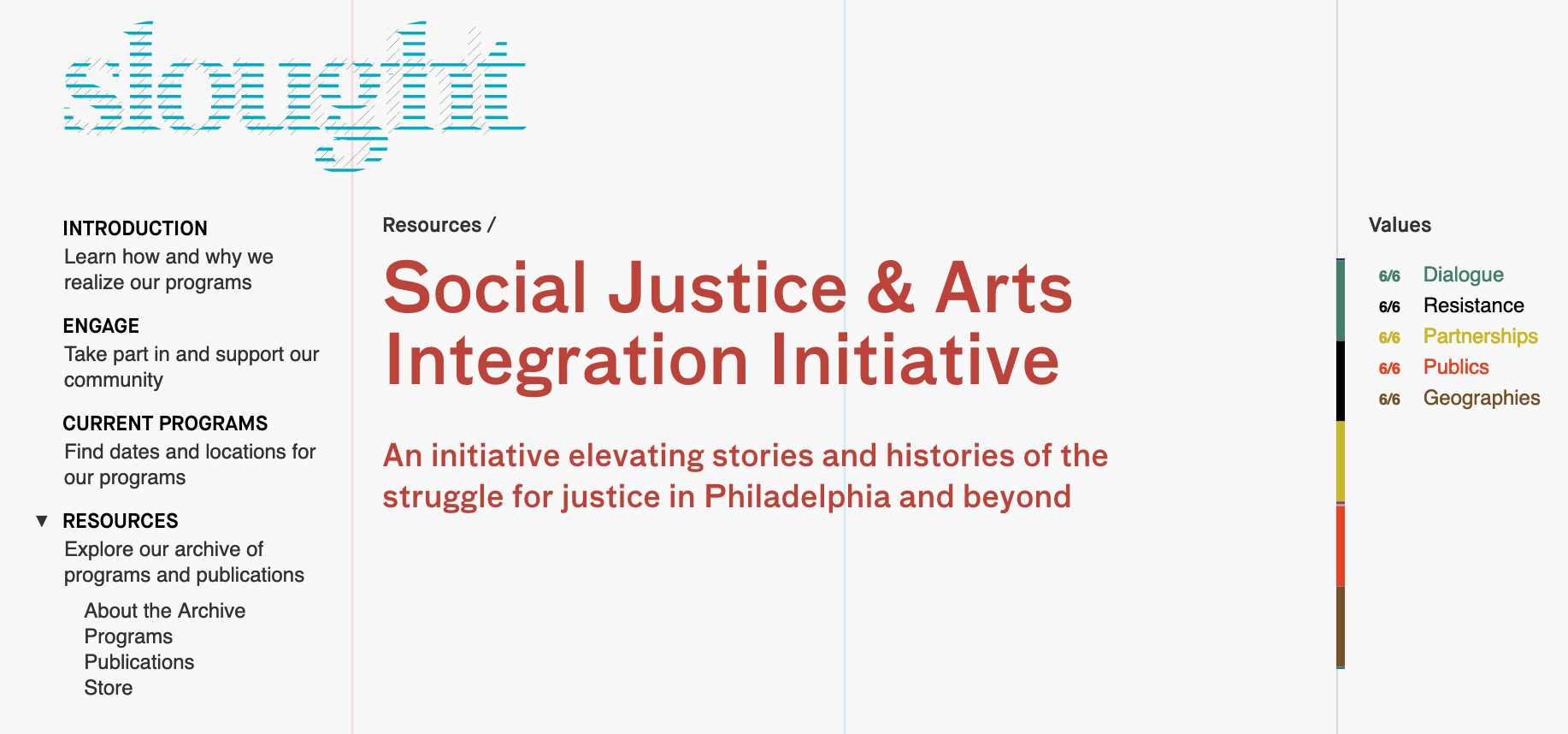Thursday, May 9, 2019 - 6:30pm to 9:00pm
Slought
4017 Walnut St
reet
Philadelphia
Pennsylvania 19104

Public Lands, Private Hands
A gathering of tribal leaders and native community activists speaking about indigenous and settler land use and the Bears Ears National Monument. Event hosted by SLOUGHT - The Social Justice & Arts Integration Initiative.
Participants:
· Angelo Baca (Hopi and Navajo)
· Tara Benally (Navajo)
· Waya Gary (Acoma Pueblo)
· Evangeline Gray (Social worker, and Board Member, UDB, Navajo)
· Willie Grayeyes (County Commissioner, Navajo)
· Honor Keeler, NAGPRA Gov board, lawyer, and assistant Director UDB (Cherokee)
· Aldean Ketchum (Ute)
· Gavin Noyes (Director UDB)
· Bill Wilson Preston (Hopi elder)
· Ida Yellowman (Healthcare worker, Navajo)
· Jonah Yellowman (Spiritual Advisor to UDB and Board Member, Navajo)
· Curtis Zunigha (Director of Cultural Resources, Delaware Tribe)
Slought Organizers: Fazal Sheikh, Eduardo Cadava, and Aaron Levy. Contributors: India Rael Young.
Slought and the Penn Social Justice & Arts Integration Initiative are pleased to announce "Public Lands, Private Hands," a gathering of tribal leaders and community activists from Utah, Oklahoma, New Mexico, and Arizona speaking about indigenous and settler land use and the Bears Ears National Monument. The participants will speak about the importance of the Bears Ears National Monument debate, and about their relation to the sacred lands on which they live. This event is free and open to the public, and will include a public reception. The discussion will be moderated by Jaskiran Dhillon, co-editor of the forthcoming Standing with Standing Rock: Voices from the #NoDAPL Movement.
In 1848, the territory of Utah was ceded from Mexico to the United States. Twenty-five years later the United States government established the first national park, Yellowstone. President Barack Obama created the latest national preserve, Bears Ears National Monument, in 2016, after concerted petitioning from Utah Diné Bikéyah, an indigenous non-profit, and a coalition of five tribes— the Ute, Ute Mountain, Navajo, Hopi, and Zuni— concerned about land sovereignty in their traditional territories. The land protection for Bears Ears was significantly reduced in 2017. Public lands are under constant threat of development, and removing one million acres from Bears Ears puts these lands at risk.
This gathering seeks to think collectively about how best to protect these precious lands. This will be a wide-ranging conversation about issues of sovereignty, long histories of displacement and environmental racism, and the slow violence that attends unequal distribution of land and infrastructure in these desert lands. The origin of this gathering began in a collaboration with photographer Fazal Sheikh, whose recent project, Exposures, documents the ruination of the Utah landscape by uranium mining, oil and gas extraction, and the militarization of the desert. Sheikh's work traces a long history of exploration and settlement, debates over the privatization of public lands for resource extraction, and the costly consequences of these ventures on native communities and on this wondrous landscape.
"It is my obligation as a direct descendant of
the ancient Pueblo People who have our origins
at the Bear Ears National Monument, and as a scientist, to protect the ruins for my children, and their children. Bears Ears is a peaceful area to come together with our contemporary siblings, the Diné and Ute People. It is common sense, decency, and respect to not harm or mutilate the footprints of our ancestors. It is also a right that monuments and public lands be protected for our fellow American citizens to be used and enjoyed by them. The Bears Ears National Monument is a gathering of peace." — Kevin M. Madalena, Utah Diné Bikéyah, Cultural Resources Coordinator, Paleontologist, Jemez Pueblo, New Mexico
"If one monument is diminished, all national monuments are threatened. We the People, who recognize these lands as a "Geography of Hope," believe public lands belong to all people for all time. We will fight this aggression in the courts and on the ground. We invite you to join us. Through the leadership of the Tribes, we as a community of protectors will prevail. The Elders remind us that this can no longer be about anger, but healing." — Terry Tempest Williams
"We are not just protecting these lands for our people, but all people." — Jonah Yellowman, Navajo Spiritual Leader and Medicine Person
SLOUGHT: An initiative elevating stories and histories of the struggle for justice in Philadelphia and beyond.
For more information, see the Slought website. Open to the public; reservations requested; click here to make a reservation to attend.

 Native American & Indigenous Studies at Penn
Native American & Indigenous Studies at Penn